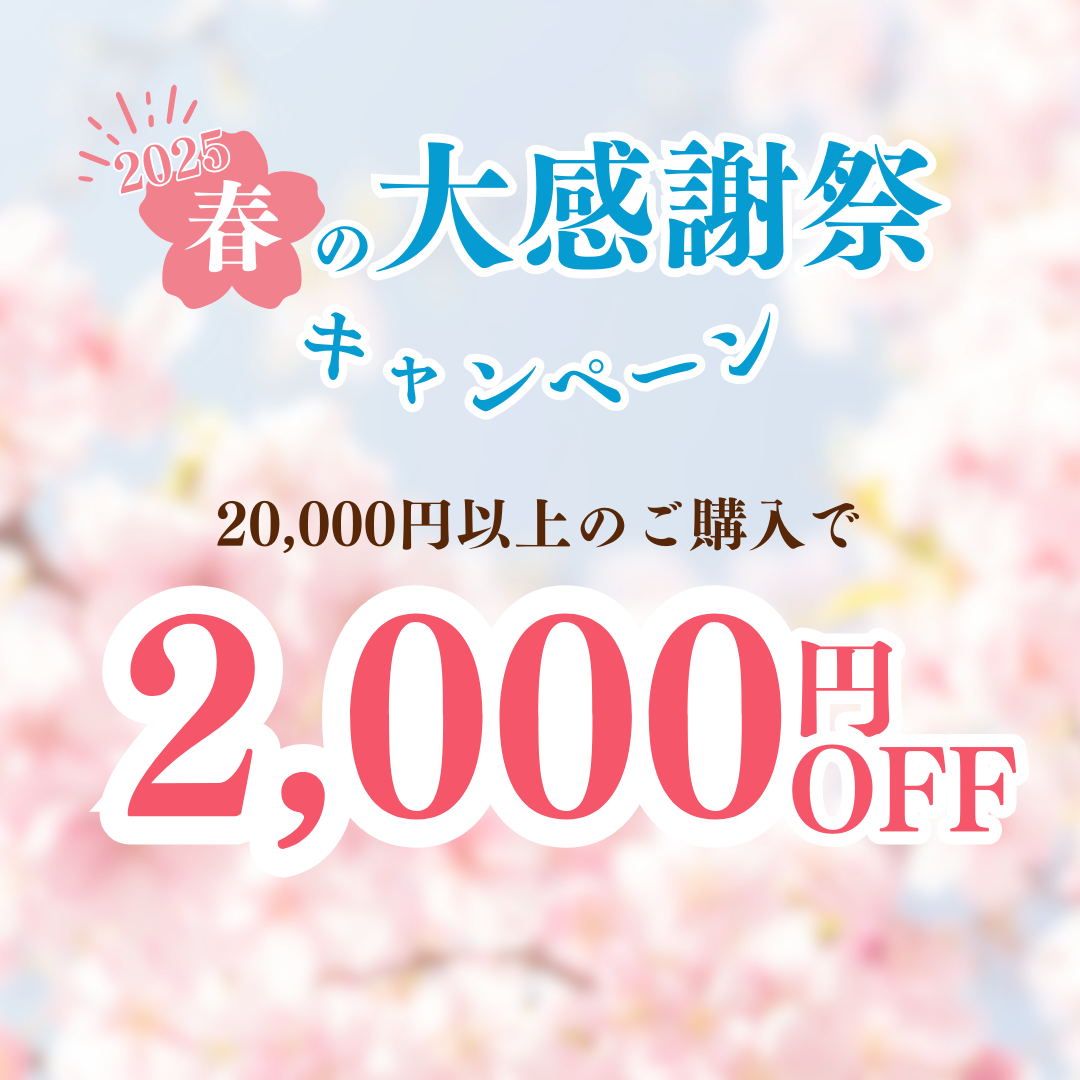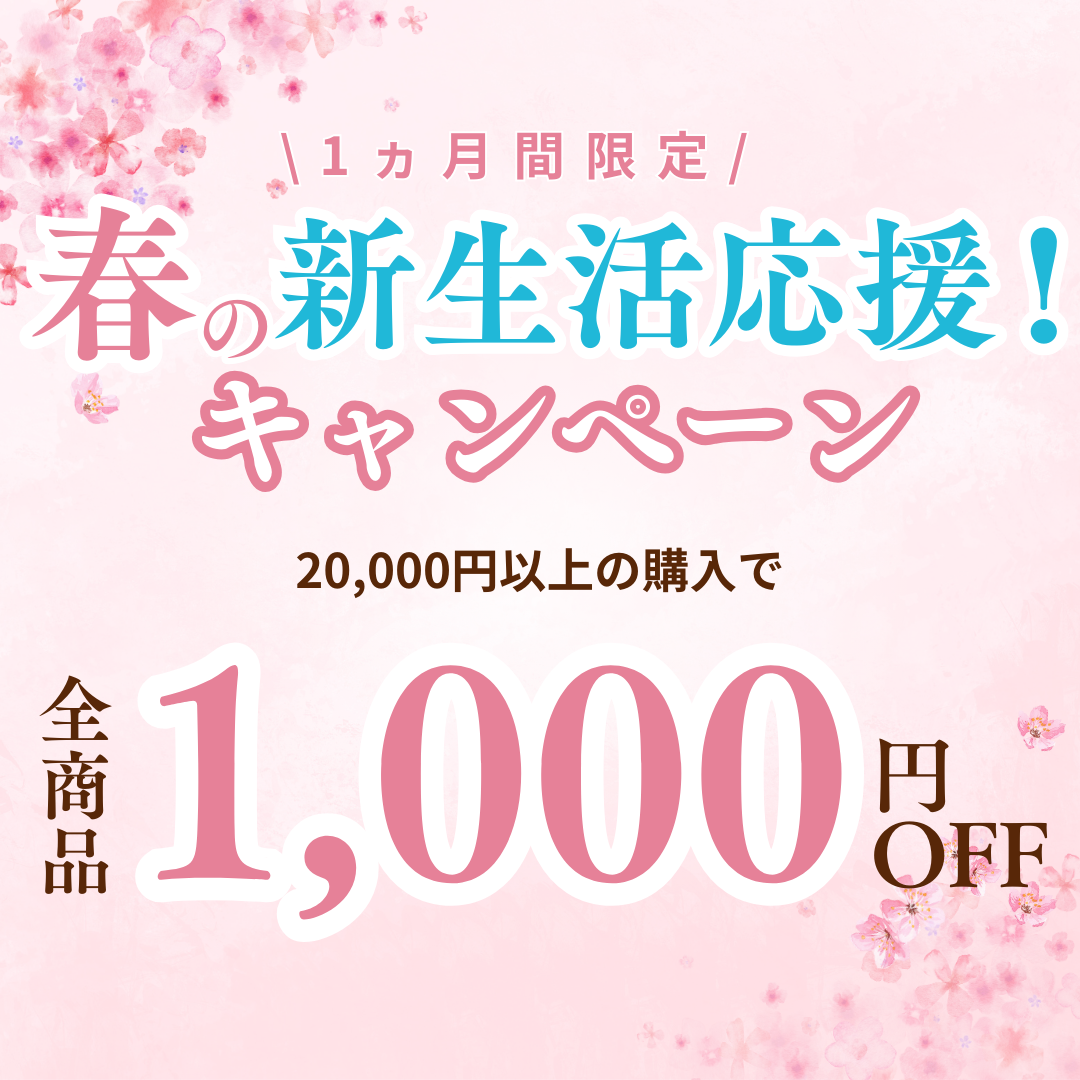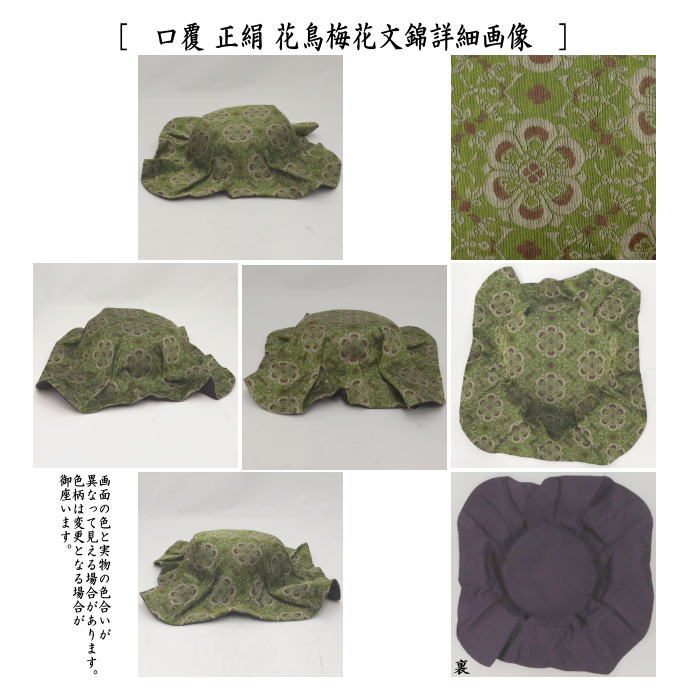NaN
/
of
-Infinity
【茶器/茶道具 飾茶壺(飾壺)】 仁清写し 吉野山 菁宝窯 (口覆仕服・網・飾り紐3本・口紐付) (飾り茶壺・飾茶壷・飾り茶壷・飾壺・飾り壺・飾壷・飾り壷)
【茶器/茶道具 飾茶壺(飾壺)】 仁清写し 吉野山 菁宝窯 (口覆仕服・網・飾り紐3本・口紐付) (飾り茶壺・飾茶壷・飾り茶壷・飾壺・飾り壺・飾壷・飾り壷)
Product Code: kazaritubo-8
Regular price
136,950 円
Regular price
Sale price
136,950 円
Unit price
/
per
Tax included.
Shipping calculated at checkout.
Couldn't load pickup availability
●A tea jar is a jar used to hold tencha, the leaf tea before it becomes matcha.
Its official name is a "hacha jar" (leaf tea jar), and the jar in which ground thick tea is kept is called a "matcha jar" or "tencha jar", but it is commonly called a "cha jar", and is also called a "large jar" while tea jars are called "small jars".
Inside the tea jar, several types of tencha for thick tea are placed in a paper bag, around which tencha for thin tea, called "tsumecha," is placed. A wooden lid is then placed on top, and the bag is then wrapped and sealed in three layers of Japanese paper.
Teapots vary in height, from small ones as high as 20cm to large ones as high as 50cm, but most are around 30cm tall. They have an upright neck and two to six ears (called nibs) on the shoulders, but most have four.
After Nobunaga and Hideyoshi used tea jars as decorative items in their shoin study rooms, other feudal lords followed suit and vied with each other to obtain tea jars. During the time of Rikyu, tea jars were respected as the most important tea utensils, but nowadays they are used for decoration purposes other than for kuchikiri.
The accessories for a tea jar include a mouth cover, mouth strap, net, long strap, and nipple strap.
●Kuchikiri tea ceremony: New tea that has been stored in a tea leaf jar with the mesh sealed inside is opened around the beginning of the tenth lunar month, ground into matcha, and served to guests.
It is held to open the hearth and is also known as the New Year for tea practitioners.
Teapot Journey
In 1632 (Kan'ei era) during the early Edo period, Shogun Iemitsu ordered tea masters in Uji to make tea for the Shogun's direct use, and the group of "Uji tea pickers" who carried the tea were called "Ocha Tsubo Dochu".
Size: Approx. diameter 22 x height (including lid) 28cm
Author: Seihosaku
Material: Covering, net, drawstring (100% silk)
Note: Mouth cover design may vary.
Leave it to us.
Its official name is a "hacha jar" (leaf tea jar), and the jar in which ground thick tea is kept is called a "matcha jar" or "tencha jar", but it is commonly called a "cha jar", and is also called a "large jar" while tea jars are called "small jars".
Inside the tea jar, several types of tencha for thick tea are placed in a paper bag, around which tencha for thin tea, called "tsumecha," is placed. A wooden lid is then placed on top, and the bag is then wrapped and sealed in three layers of Japanese paper.
Teapots vary in height, from small ones as high as 20cm to large ones as high as 50cm, but most are around 30cm tall. They have an upright neck and two to six ears (called nibs) on the shoulders, but most have four.
After Nobunaga and Hideyoshi used tea jars as decorative items in their shoin study rooms, other feudal lords followed suit and vied with each other to obtain tea jars. During the time of Rikyu, tea jars were respected as the most important tea utensils, but nowadays they are used for decoration purposes other than for kuchikiri.
The accessories for a tea jar include a mouth cover, mouth strap, net, long strap, and nipple strap.
●Kuchikiri tea ceremony: New tea that has been stored in a tea leaf jar with the mesh sealed inside is opened around the beginning of the tenth lunar month, ground into matcha, and served to guests.
It is held to open the hearth and is also known as the New Year for tea practitioners.
Teapot Journey
In 1632 (Kan'ei era) during the early Edo period, Shogun Iemitsu ordered tea masters in Uji to make tea for the Shogun's direct use, and the group of "Uji tea pickers" who carried the tea were called "Ocha Tsubo Dochu".
Size: Approx. diameter 22 x height (including lid) 28cm
Author: Seihosaku
Material: Covering, net, drawstring (100% silk)
Note: Mouth cover design may vary.
Leave it to us.
[About paid individual packaging]
If you would like individual packaging (charges apply), click View Cart, check "I would like individual packaging", and then add the desired quantity to "Quantity".
*The following products are not eligible for individual packaging. If you would like to package the folding fan or colored paper, we will provide a paid box or bag for each.
- Mail delivery products
- Folding fan (paid box available/no packaging)
- Colored paper (paid bag available/no packaging)
- Zodiac theme related products
【Related Category】


































